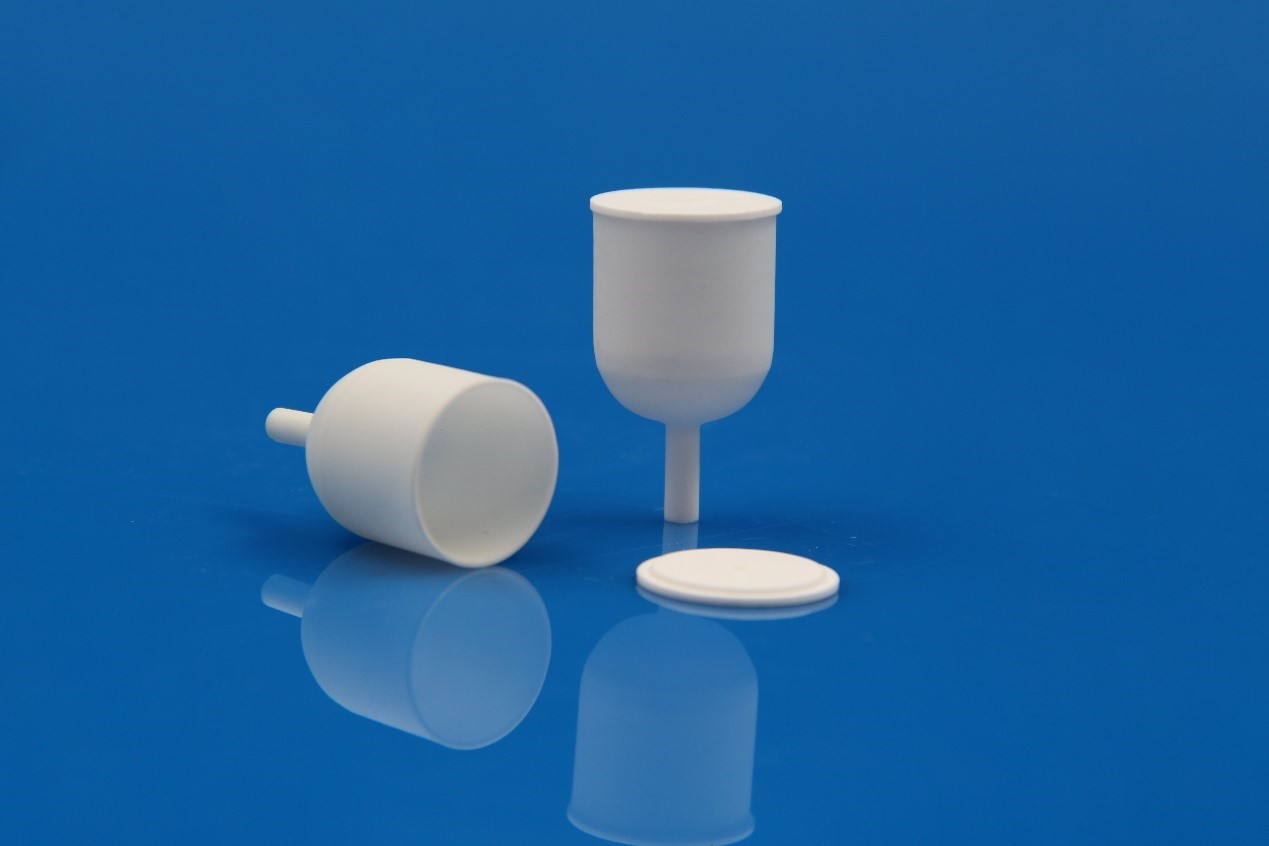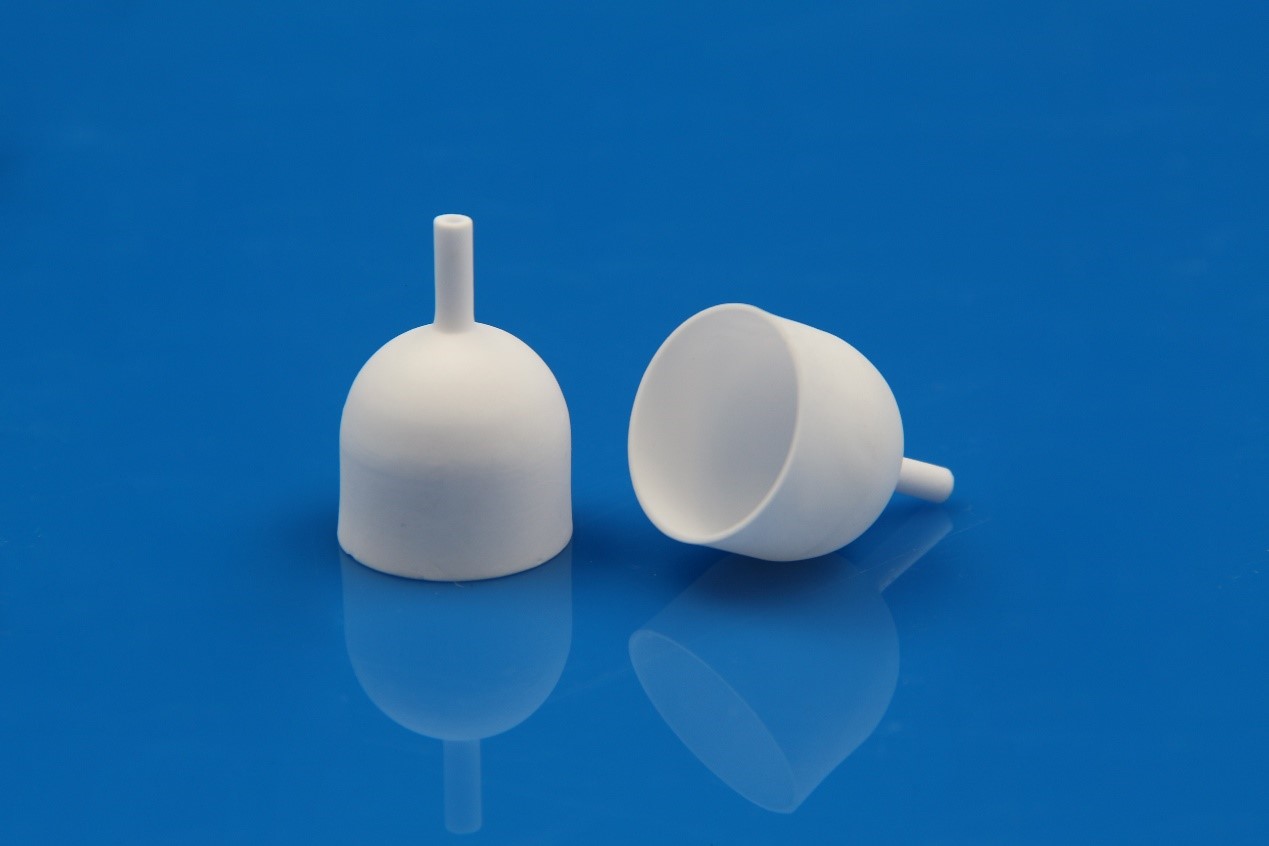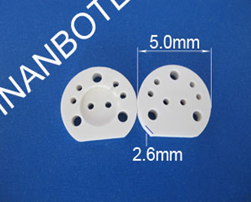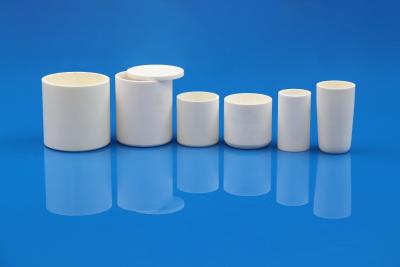Introduction and application of high-purity lumina rucible for thermal analysis
Thermal analysis is an analytical method of measuring the properties and behavior of matter that involves exposing a sample to a controlled temperature to observe its physical and chemical changes. Alumina crucibles are a common tool used for firing or heat-treating samples at high temperatures. High-purity alumina crucibles are mainly made of alumina materials, which are processed by high temperature and chemical cleaning. This allows them to withstand high temperatures of up to 1800°C and is extremely stable in chemical environments such as those with high pH and the presence of toxic substances. Therefore, high-purity alumina crucibles are very suitable for thermal analysis experiments, such as differential scanning calorimetry, thermogravimetric analysis, dynamic mechanical thermal analysis and thermal expansion coefficient measurement. During thermal analysis, high-purity alumina crucibles can withstand changes in the structure and chemical composition of samples at high temperatures, while maintaining the stability and precision of a large number of samples. In many applications, they can be used as containers for samples to be heated, sintered, melted, volatilized and redissolved. In summary, high-purity alumina crucibles are a basic material that is widely used in the field of thermal analysis. The excellent properties of these crucibles make them essential for many experiments.




